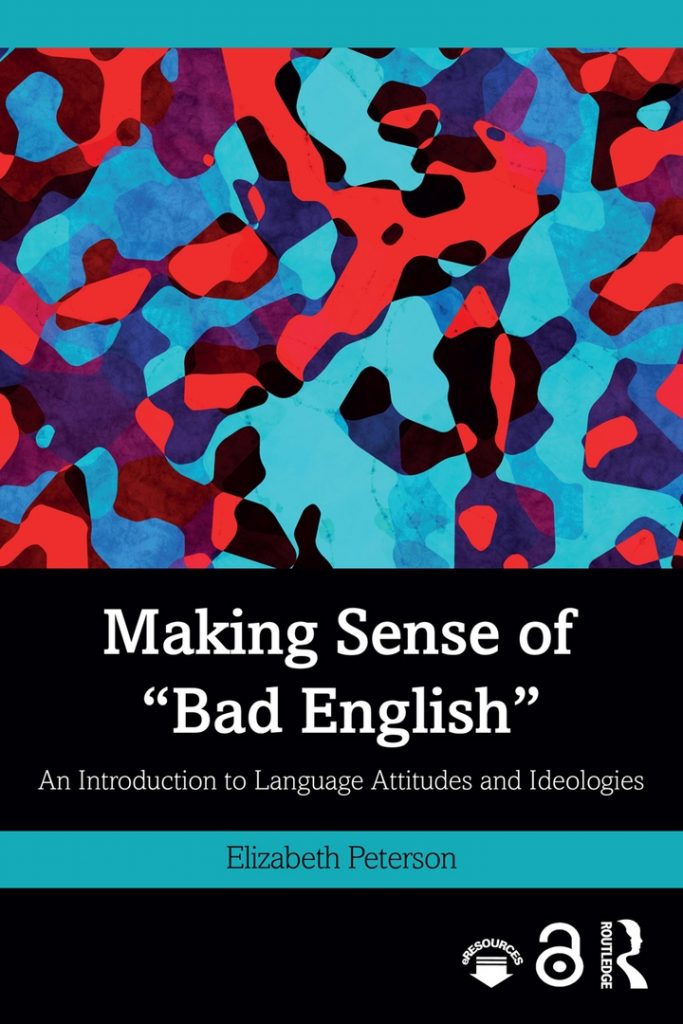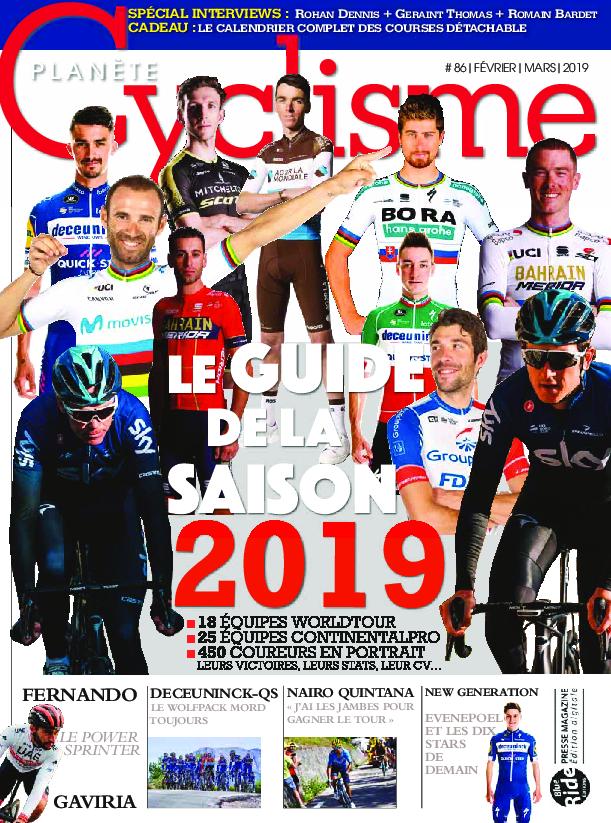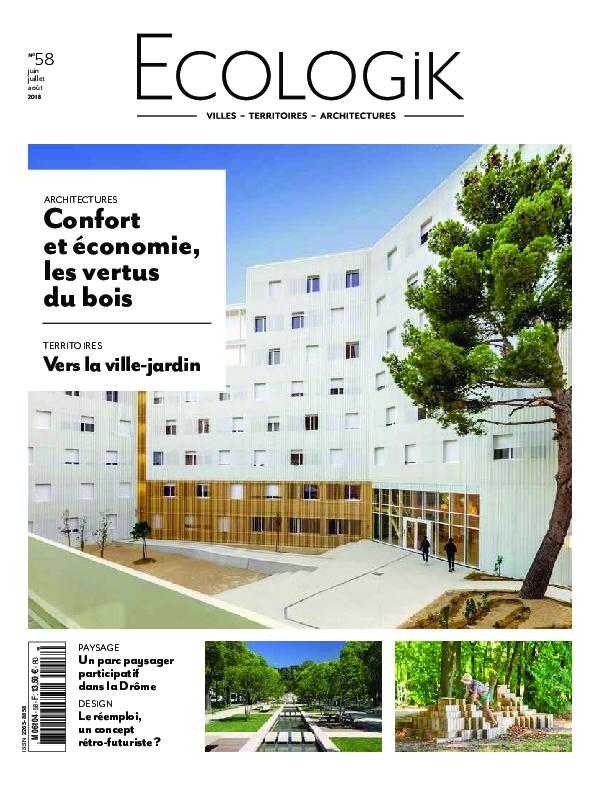Elizabeth Peterson – Making Sense of Bad English
Elizabeth Peterson – Making Sense of Bad English
Info: Why is it that some ways of using English are considered « good » and others are considered « bad »? Why are certain forms of language termed elegant, eloquent or refined, whereas others are deemed uneducated, coarse, or inappropriate? Making Sense of « Bad English » is an accessible introduction to attitudes and ideologies towards the use of English in different settings around the world. Outlining how perceptions about what constitutes « good » and « bad » English have been shaped, this book shows how these principles are based on social factors rather than linguistic issues and highlights some of the real-life consequences of these perceptions.
Features include:
* an overview of attitudes towards English and how they came about, as well as real-life consequences and benefits of using « bad » English;
* explicit links between different English language systems, including child’s English, English as a lingua franca, African American English, Singlish, and New Delhi English;
* examples taken from classic names in the field of sociolinguistics, including Labov, Trudgill, Baugh, and Lambert, as well as rising stars and more recent cutting-edge research;
* links to relevant social parallels, including cultural outputs such as holiday myths, to help readers engage in a new way with the notion of Standard English;
* supporting online material for students which features worksheets, links to audio and news files, further examples and discussion questions, and background on key issues from the book.
Making Sense of « Bad English » provides an engaging and thought-provoking overview of this topic and is essential reading for any student studying sociolinguistics within a global setting.
 1 / 1
1 / 1





